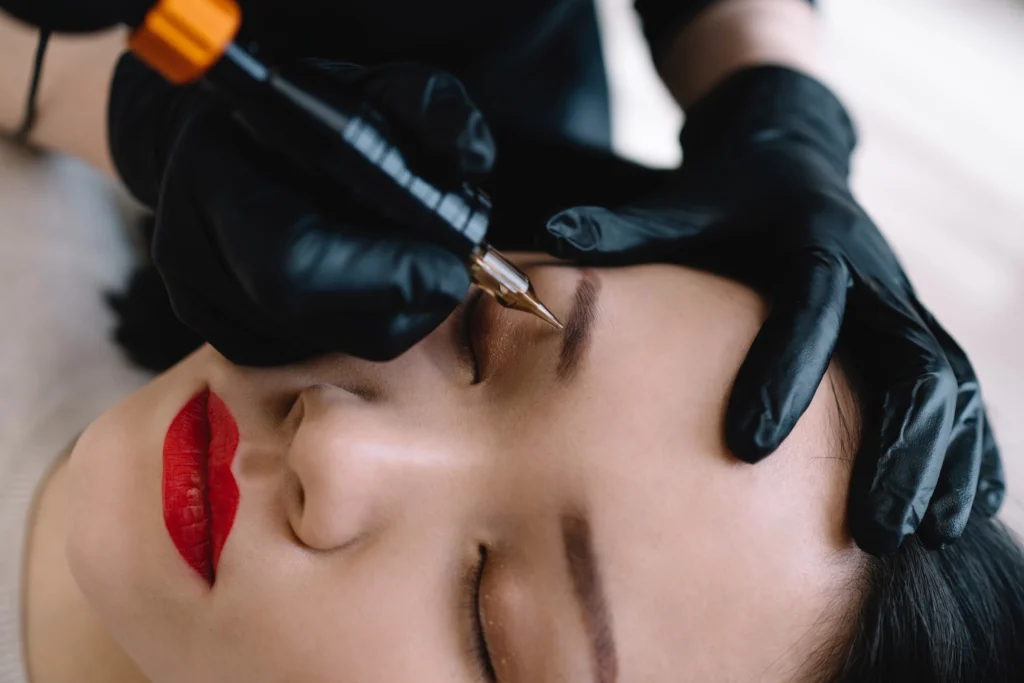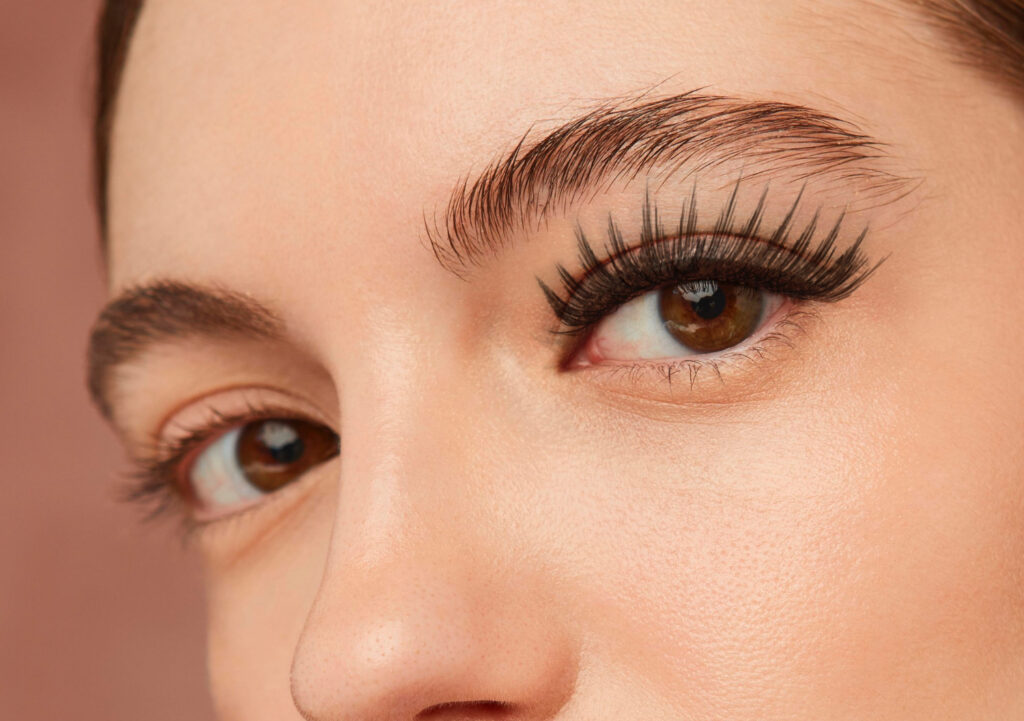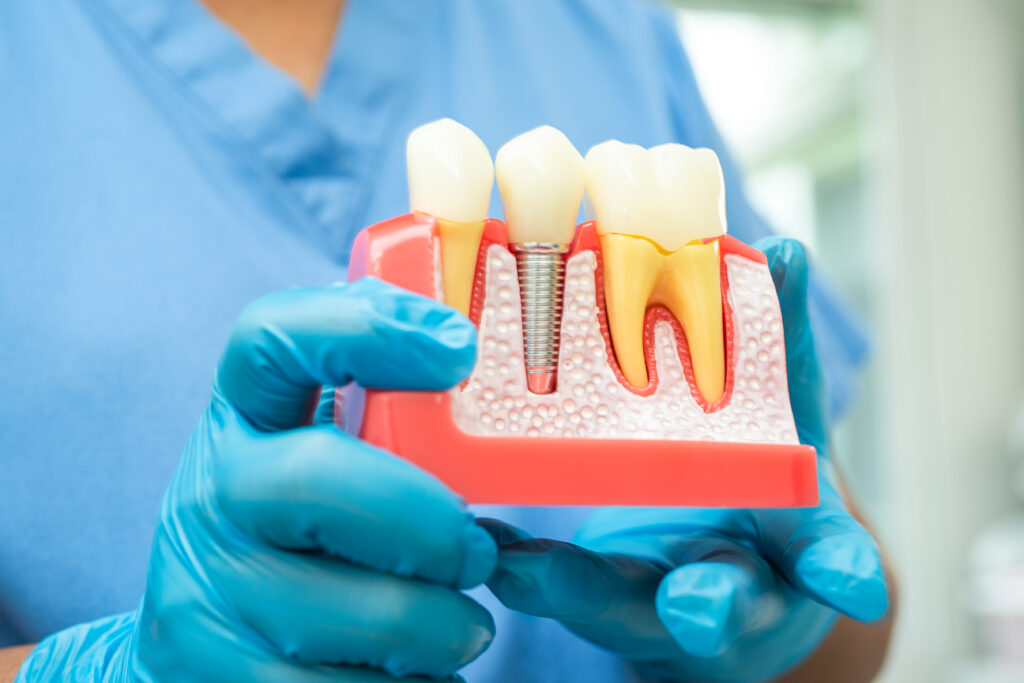
Throughout life, our teeth may wear down. They may discolor or even chip or break. Fortunately, if these have happened to you, you have several cosmetic dentistry options. Two of the most popular are bonding and veneers.
On the surface, these can both help, as they help restore the bright and shiny appearance of your smile.
But they have some important differences. Let’s explore what each of these procedures is and compare them below.
What is Bonding?
Bonding involves putting a special type of resin directly on top of your teeth. It can be used to cover tooth decay, chipped areas, discoloration, enamel loss, and exposed roots due to gum recession.
Bonding resin can be polished and molded into whatever shape is necessary to fit your teeth as it hardens. As a result, you can cover any discoloration or tooth damage and restore that pearly white smile.
Bonding doesn’t last forever, though. That’s why cosmetic dentists in Philadelphia generally recommend this procedure for smaller imperfections — especially in areas with less biting force (aka not the molars).
Bonding procedures can often be completed in a single visit.
What are Veneers?
Dental veneers — also called Hollywood teeth due to their prevalence in the film industry. These are thin, typically porcelain coatings that are custom designed to fit each of your individual teeth.
Veneers start hard. As a result, the dentist must sometimes remove a small piece of some teeth to get the veneer to fit. The veneer is then attached to your tooth with a specialized adhesive
That said, the procedure is generally painless.
Veneers may require more than one visit to complete the procedure given the extra complexity in shaping your tooth to the veneer.
Bonding vs. Veneers
Let’s look at how these two procedures stack up against each other in several important categories.
Durability
Neither product is invincible. However, veneers are much tougher against chipping, staining, and other damage than bonding is. Bonding is still strong as well, but not as strong as veneers.
Permanency
Veneers are generally irreversible given the tooth modifications. Yes, you can remove them, but you can’t get your unmodified teeth back. You may have them removed if you need to replace them with new veneers.
Bonding does not require tooth modification, so it doesn’t have to be permanent. Dentists can remove bonding with a unique form of sandpaper. They place this sandpaper on a special tool with a rotating disc so they can scrub off the bonding.
Appearance
Bonding and veneers are both used to return that flawless, bright, shininess to your teeth. However, veneers have a certain sheen to them and resist stains.
Bonding may darken over time. Thus, bonding can be the best option for tooth damage, whereas veneers might be better for discoloration.
Procedure Time
As mentioned earlier, bonding can be performed in a single visit. Veneers, on the other hand, may require a few visits to install on your teeth.
Cost
Veneers are more expensive, given the materials, added complexity, longer lifetime, and durability of the devices.
Bonding may be less durable and permanent, but this is offset by the lower relative cost.
The Verdict: Bonding vs. Veneers
Your best choice ultimately depends on your budget and whether or not you want permanent changes to your teeth. Bonding can work well if you have a smaller budget and want the procedure to be reversible, whereas veneers are excellent if you’re willing to pay more for a more durable and permanent change.
If you aren’t sure which solution is best for you, a dentist in Philadelphia can help you weigh your options. Contact Absolute Smile today to schedule a consultation — it’s free if you’re a new patient!







